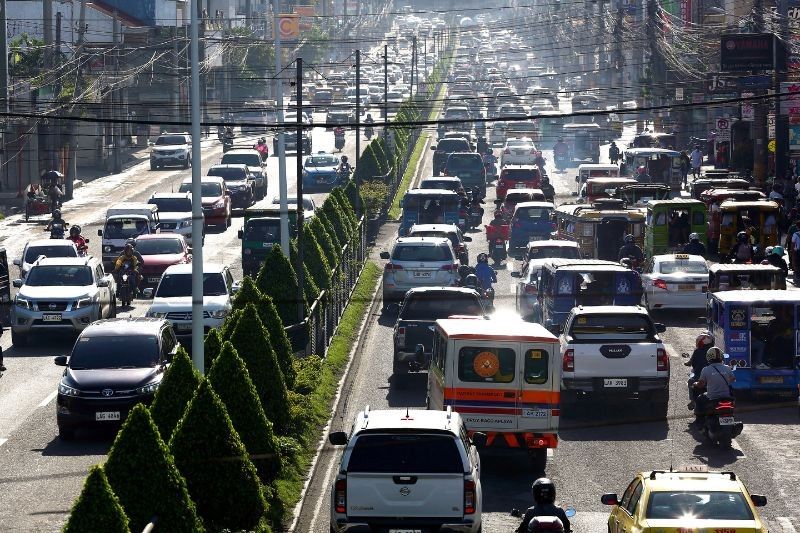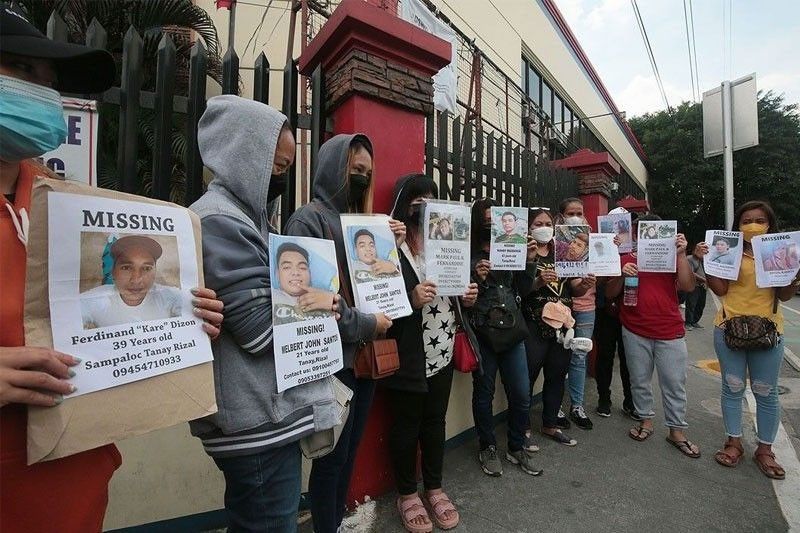
Upgrade to High-Speed Internet for only ₱1499/month!
Enjoy up to 100 Mbps fiber broadband, perfect for browsing, streaming, and gaming.
Visit Suniway.ph to learn
MANILA, Philippines — The Management Association of the Philippines (MAP) is pushing for the conduct of further consultations on the proposed P200 daily minimum wage increase to properly assess its impact on the economy.
In a statement signed by MAP president Alfredo Panlilio and national issues committee chair Rene Almendras on Sunday, the business group emphasized that while it supports initiatives aimed at improving the lives of minimum wage workers and their families, it opposes the P200 increase in the daily minimum wage for the private sector.
“Since setting a minimum wage is a very complex process where many factors have to be taken into account, we call on the bicameral conference committee of the House and the Senate to conduct further consultations with all affected sectors, like employers, employees, consumers and involved agencies, before reaching a decision,” MAP stated.
The group also urged the bicameral committee to carefully consider the potential effects of the measure on inflation and businesses, particularly small enterprises that are still struggling to survive.
Moreover, MAP recommended conducting comprehensive studies to determine whether a national or regional minimum wage structure would be more appropriate.
“Our basic problem is not low wages, but high costs. We believe that attention should be given to the wage-to-cost ratio, not just wages,” MAP said.
It noted that the Philippines has the third highest minimum wage in Asia, coupled with the highest costs for food, electricity, transportation and housing.
To enhance the country’s competitiveness and improve overall productivity, MAP called on both the executive and legislative branches of government to prioritize efforts to reduce these basic costs.
“We also make an appeal to employers to help alleviate the plight of minimum wage earners by implementing urgent measures, like paying their employees’ share in SSS (Social Security System), Pag-IBIG (Home Development Mutual Fund) and PhilHealth (Philippine Health Insurance Corp.) contributions, and sharing with their employees at least 20 percent of their organizations’ net income before tax,” MAP said.
The labor-related tension in Congress comes as the Philippines remains among the 10 worst countries for workers, according to the 2025 Global Rights Index released by the International Trade Union Confederation (ITUC).
For the ninth consecutive year, the country received a score of five in the ITUC’s Global Rights Index. This indicates that workers have “no guarantee of rights” despite having labor laws on paper.
Further, it noted that workers and unions in the Philippines “exist in a daily struggle to exercise even the most basic rights in a venomous environment of endemic harassment, violence and death.”
“This duplicitous strategy puts workers and activists at direct risk while deterring others from joining or forming unions,” the ITUC stated. “Despite international calls to end red-tagging, the government has shown little political will to protect union leaders or promote a climate conducive to the healthy functioning of unions.”
The Global Rights Index is a review of workers’ rights in law across 151 countries worldwide. Countries receive a score based on a scale from 1 to 5+, with 1 being the highest.
Aside from the Philippines, nine other countries were identified as the worst countries for workers. These were Bangladesh, Belarus, Ecuador, Egypt, Eswatini, Myanmar, Nigeria, Tunisia and Turkiye.
“Countries with the rating of five are the worst countries in the world to work in. While the legislation may spell out certain rights, workers have effectively no access to these rights and are therefore exposed to autocratic regimes and unfair labor practices,” the ITUC noted.
Compared to the previous year, the only change in the list of worst countries for workers was the addition of Nigeria, which took the place of Guatemala.
Sen. Joel Villanueva said the House of Representatives has yet to transmit to the Senate the bill for an across-the-board P200 wage hike.

 2 weeks ago
16
2 weeks ago
16



